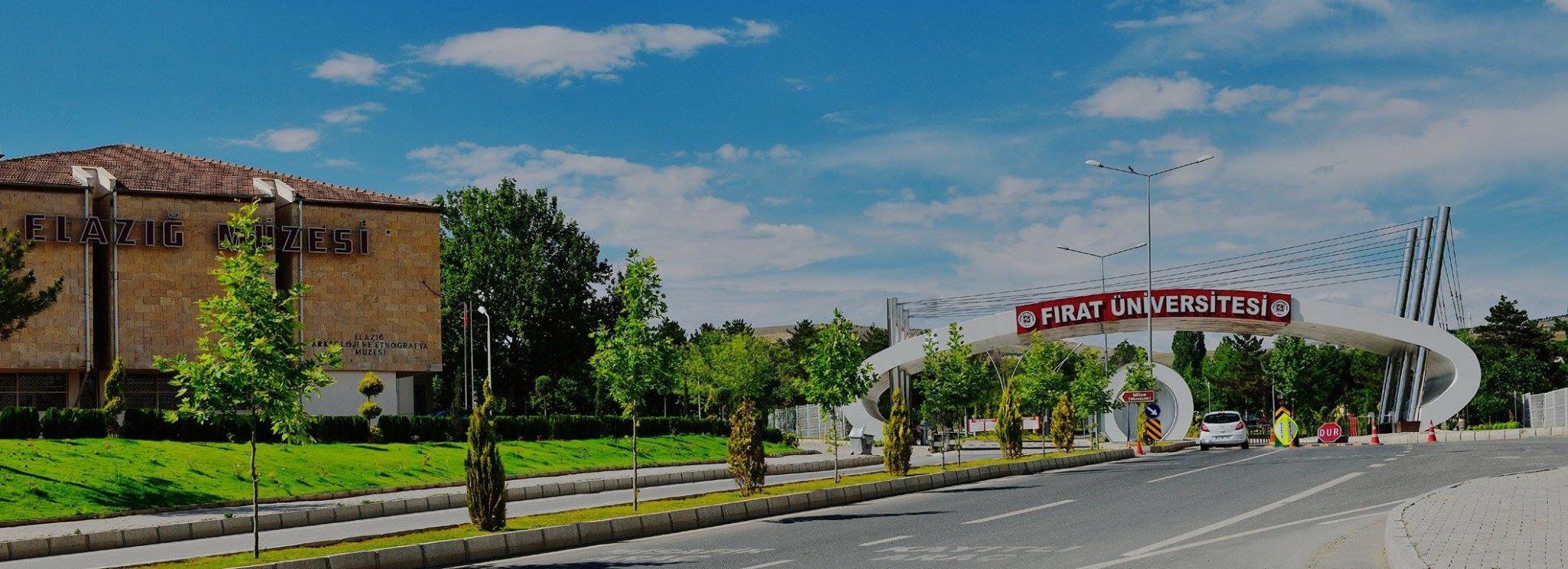
Our Department
Department of Computer Programming
Computer Programming was opened in the 2007-2008 academic year with the name of “Computer Programming” with a total of 30 students. It is a 2-year program consisting of 4 semesters of 14 weeks. In this two-year period, theoretical courses, computer laboratory applications and industry-based training are provided in the program.
Computer Programming is prepared according to the needs of the technological age and the requirements of the software world, as well as helping students keep up with the technological age and develop their skills in design and software applications depending on industrial development. The program aims to meet the intermediate staff needs of the technological age today and in the future. For this, it is desired that computer technicians/operators, who are members of the computer and technology world, keep up with today's conditions, produce solutions to the needs of businesses and become competent people in their fields by closely following technological developments.
The main purpose of Computer Programming is to train qualified professionals who are knowledgeable in the fields of computers and technology, can put this knowledge and experience into practice, are open to innovations in science and technology, are beneficial to society, entrepreneurial, productive, respectful to the environment, people and nature, self-confident, and have gained the necessary professional competence in the field of industry and technology, depending on the developments in science and technology.
Program Profile:
The program has a quota of 35 students. The duration of education is 4 semesters (2 years) and the language of education is Turkish. In the first 2 semesters of our education, students are given theoretical and practical courses. In the 3rd and 4th semesters, theoretical and practical courses are given at school 3 days a week, and in the remaining 2 days, Professional Application Training is given in businesses related to our field in the Elazığ Organized Industrial Zone where our school is located. In order for students to obtain an associate degree in Computer Programming, they must successfully complete all compulsory and elective courses (120 ECTS in total) that they must take in the program and complete a 30-day summer internship.
The Computer Programming Department provides education to train highly qualified, talented personnel who can create computer application programs, which are needed in the software and hardware branches that are undergoing a large and rapid development.
Education Application Area and Program Opportunities:
In our program, courses are given by one Assistant Professor and two Instructors. We have two computer laboratories within our program
Employment Profiles of Graduates:
Students who graduate from our department receive the title of ‘Computer Technician’. Thanks to the content they have received during their education-training period such as Visual Programming, Mathematics, Database Management Systems, Object Oriented Programming, Web Design and Scripting Language, Computer Network Systems, Internet Programming, Algorithm and rogramming, Electronic Elements and Circuits, they can find jobs in IT and software companies providing services in these fields. Our students who graduate from the program also start working in the public sector with the 2nd stage of the 10th degree in the Technical Services Class and are subject to the Civil Servants Law No. 657.
Program Outcomes:
The necessary training is provided to train Computer Technicians who are required by the university and industry,
Have a say in national and international platforms, are enterprising, determined, can follow scientific and technological developments in their profession and believe in science in every field,
Can design and analyze technological processes,
Can solve the problems they encounter, can work and research independently and in groups,
Aware of their professional and ethical responsibilities,
Can conduct education and research and development for the benefit of the country and humanity,
Have a spirit of interdisciplinary collaboration,
Have effective verbal and written communication skills,
Have a broad horizon in serving humanity and can communicate with their environment. In this context, developing and changing technological developments are monitored and the content and curriculum are kept up to date;
In education and training, creating a ground that will bring out new ideas and entrepreneurship in students through interactive learning and research,
Creating a ground that can solve current and future technological and industrial problems and providing the necessary education for this,
Following the developments in science and technology and presenting developing technology to students,
Conducting interdisciplinary joint studies,
Reflecting the results of the studies and research conducted for the benefit of society,
Providing our students who will graduate with the title of Computer Technician with the methods of learning and teaching information and technologies that are required by the age,
Developing their relationships with employers, supervisors, civil servants, workers and people around them in professional and social life,
Offering education that will ensure that students believe in the continuity of education in professional life, renew themselves professionally, observe ethical rules and respect society, humanity, nature and the environment are among the strategies and outputs of the Computer Programming Program.
Transition to Advanced Programs:
Students who graduate from the program can transfer to undergraduate programs in the following programs if they are successful in the Vertical Transfer Exam (DGS) conducted by ÖSYM:
Computer and Educational Technologies Teaching,
Computer Science,
Computer Engineering,
Meteorology Engineering,
Control and Automation Engineering,
Computer and Software Engineering,
Industrial Engineering,
Aerospace Engineering,
Computer Technology and Information Systems,
Mathematics-Computer,
Computer and Software Engineering,
Mathematics and Computer Science,
Statistics,
Statistics and Computer Science,
Physics,
Physics Engineering,
Information Systems and Technologies,
Quick Access